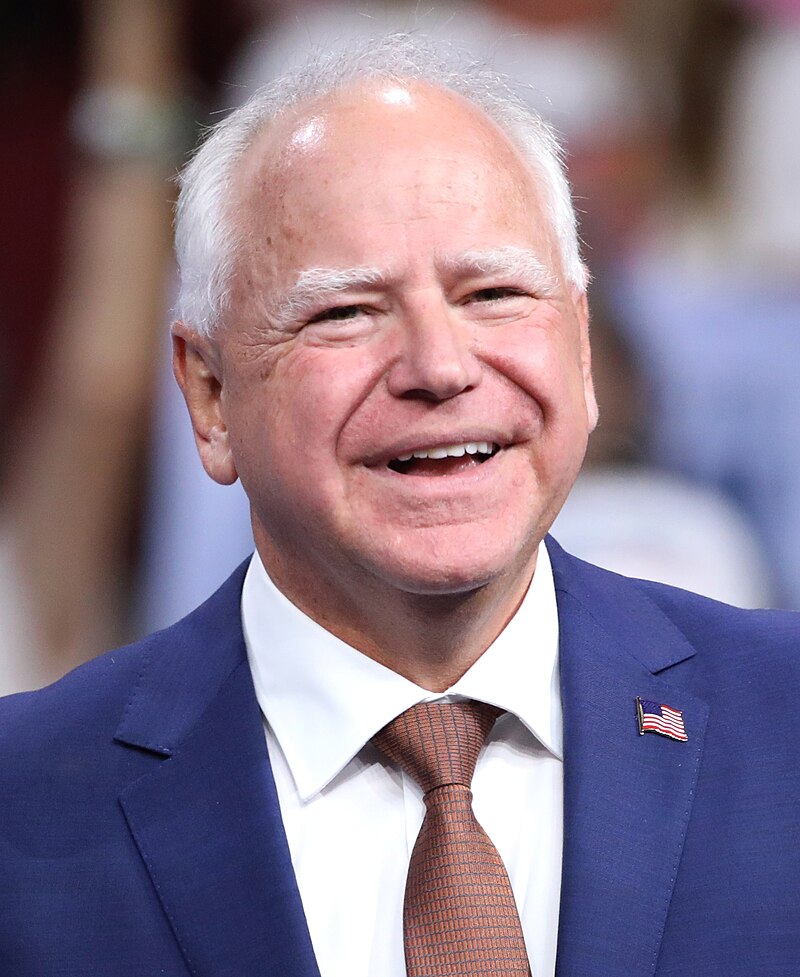Beyond Grievance Masculinity: Tim Walz and White Male Joy

That’s the title of a very good longish read by Lisa M. Corrigan, a professor of communication and director of gender studies at the University of Arkansas. She details the ways Tim Walz undercuts the whining and hostile masculinity of Donald Trump and JD Vance.
In just a few weeks on the campaign train, Walz has received tremendous news coverage because of his political record and the public’s receptivity to him. His collaboration with Harris has also proved cathartic for voters in a country grappling with increasingly hostile nativism and anti-immigration sentiment focused on mass deportations, a Supreme Court hellbent on undermining the rights of women and LGBTQ+ people, unfettered misogyny in GOP campaigns nationwide (particularly in the rhetoric of presidential candidate Donald J. Trump and vice presidential candidate JD Vance), and a men’s rights/militia movement recruiting disaffected white men pedaling violent anti-democratic fantasies as part of the continuing coup attempt that began on January 6th, 2021. The Trumpian political climate has been one of fear, contempt, and violent rhetoric, so the playfulness of Harris and Walz (especially together) has provided some affective relief for Democrats worried about the fascist policies of another Trump Presidential administration.
She also highlights the importance of the “White Dudes” Zoom call. White men were willing to view themselves as one more interest group and were willing to discuss how gender issues impact them.
While the call raised $4.5 million for the Harris campaign, it also offered white men a safe venue (alongside celebrities like Mark Hamill and Jeff Bridges) to talk about their participation as white men in Democratic Party politics, process the social turmoil of the Trump administration, and learn to support a Black female candidate. Walz stood out telling the thousands assembled, “One person’s socialism is another person’s neighborliness.” This refrain stuck and now it operates as a foil to Trump’s cold, financial, individualism. Indeed, Walz’s midwestern communalism recasts neighborliness as both quintessential American manliness and political fitness.
This is an important observation that I hope to write more about.
Although affinity group organizing has always been an important and successful part of presidential races, “white men” have not explicitly identified as an affinity group. Their whiteness was invisible and unstated.
There’s a lot more about Swiftie Dads, consciousness-raising, and dealing with “Never-Trumpers.” Check it out.
